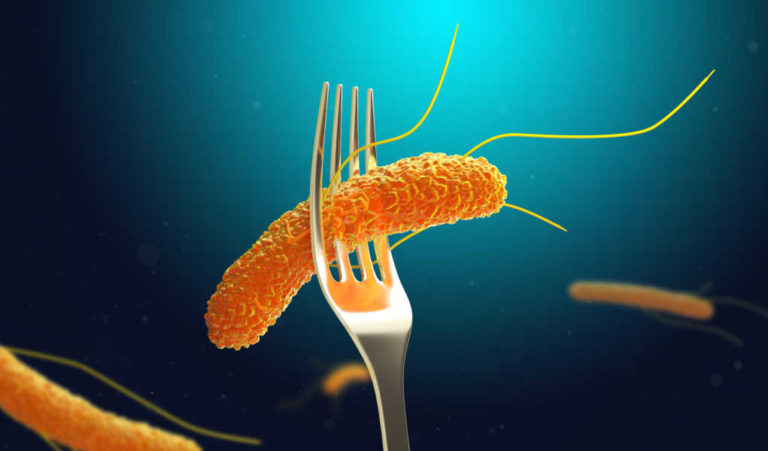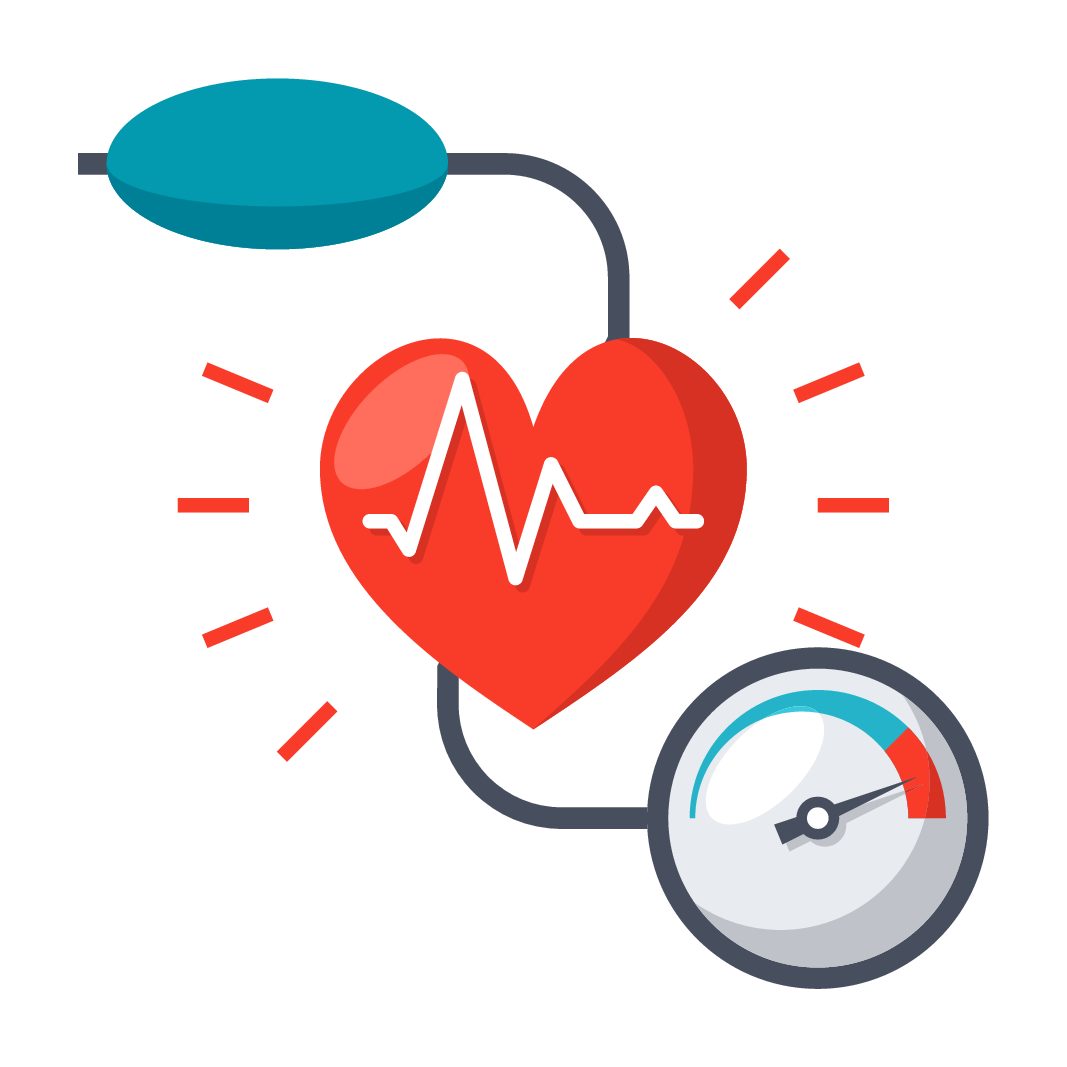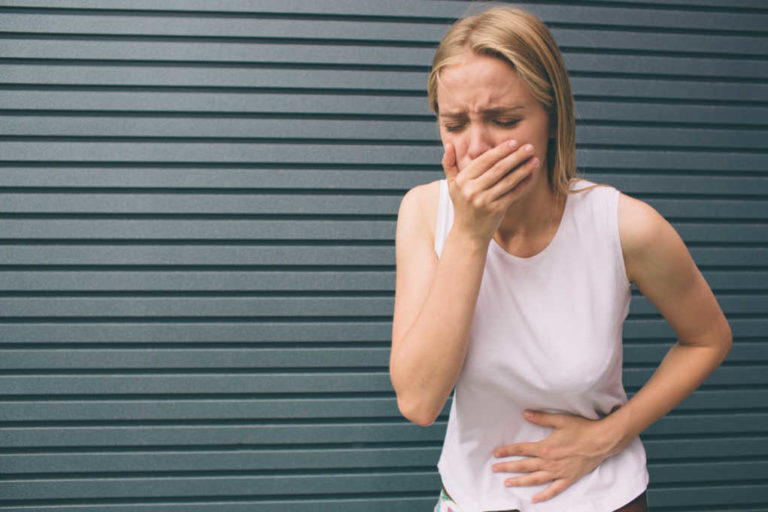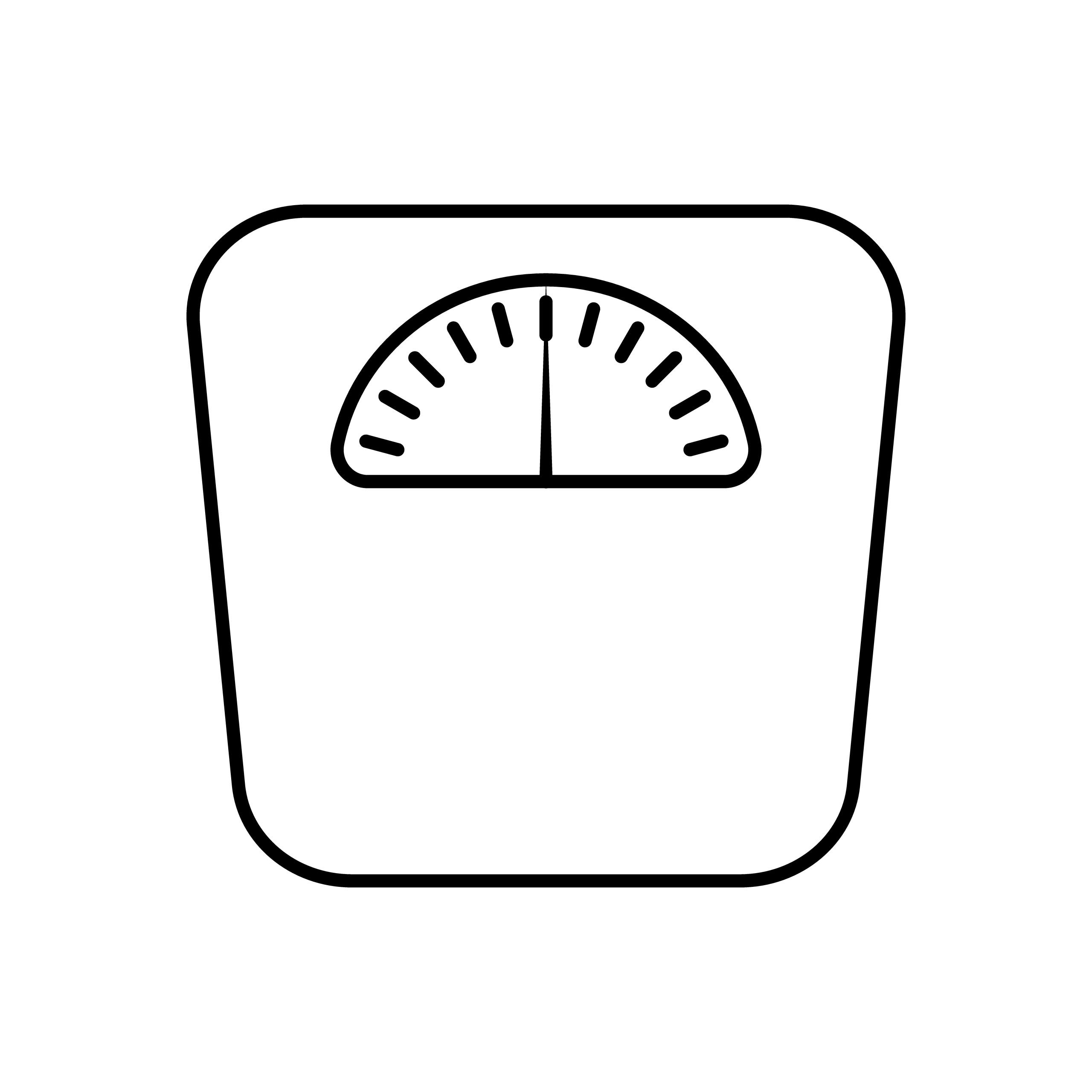Food poisoning can be a common problem, but it is rarely fatal.
In America, each year, 48 million people fall ill with foodborne illnesses . Less than 0.3% are hospitalized, and almost all of them recover.
Symptoms of food poisoning include the following:
- diarrhea
- nausea
- vomiting
- abdominal cramps
- mild fever
- headache
- weakness
- Loss of appetite
If you experience severe symptoms, such as:
- Bloody diarrhea
- High fever (102degF and above)
- Recurrent vomiting prevents liquids from being absorbed
- Dehydration can be indicated by a dry mouth and throat or a feeling of dizziness when standing up
- Diarrhea lasting more than 3 days
Symptoms can last up to four weeks depending on the germ. The majority of cases will resolve within a week with or without any treatment.
Common Causes of Food Poisoning
Foodborne illness is caused by food or drinks that are infected with bacteria, viruses or parasites .
Sometimes, the food isn’t cooked at the correct temperature. The food may not be cooked, washed properly, prepared by a sick person, without gloves or unwashed, or it could not have been cooked at all.
The most common germs responsible for food poisoning are:
- Norovirus – contaminated water, shellfish, leafy greens or fruits, infected people, or surfaces contaminated
- Salmonella – raw or undercooked meat and poultry, eggs, unpasteurized dairy products, raw fruits, vegetables and live animals
- Clostridium Perfringens – Beef or poultry, gravies or dried or precooked foods
- Campylobacter – unpasteurized or raw milk, contaminated drinking water
- Staphylococcus aureus – sliced (uncooked) deli meats, pudding, pastries, sandwiches
Hospitalization is not common but it can be the result of:
- Clostridium Botulinum (Botulism) – foods that have been improperly canned, or fermented (often home made)
- Listeria – soft cheeses; raw sprouts; melons; hot dogs and deli meats. Smoked seafood.
- Escherichia coli – raw or undercooked beef, unpasteurized juice and milk, raw vegetables, lettuce, raw sprouts
- Vibrio Raw or undercooked shellfish (especially oysters)
Treating Food Poisoning
It is important to stay hydrated because vomiting and diarrhea can cause fluid loss. Avoid caffeine and alcohol, as they can irritate digestion.
Imodium and Pepto-Bismol are over-the-counter medications that can suppress nausea and diarrhea. Vomiting and diarrhea are the body’s way of getting rid of toxins. It is not always a good idea, therefore, to mask them.
A doctor will prescribe antitoxins, antivirals or antibiotics depending on the severity of an infection. They can use an IV to restore electrolytes and fluids if you’re dehydrated.
Eat bland and easily digestible food such as:
- bananas
- rice
- oatmeal
- bland potatoes
- boiled vegetable
- crackers
- toast
- gelatin
Avoid:
- Fatty foods
- Fried foods
- spicy foods
- Sugary Foods
- dairy (milk, cheeses)
- caffeine
- alcohol
- nicotine
Make sure that all food is cooked to perfection, stored properly, and washed with care. It should also be prepared in a clean kitchen.







